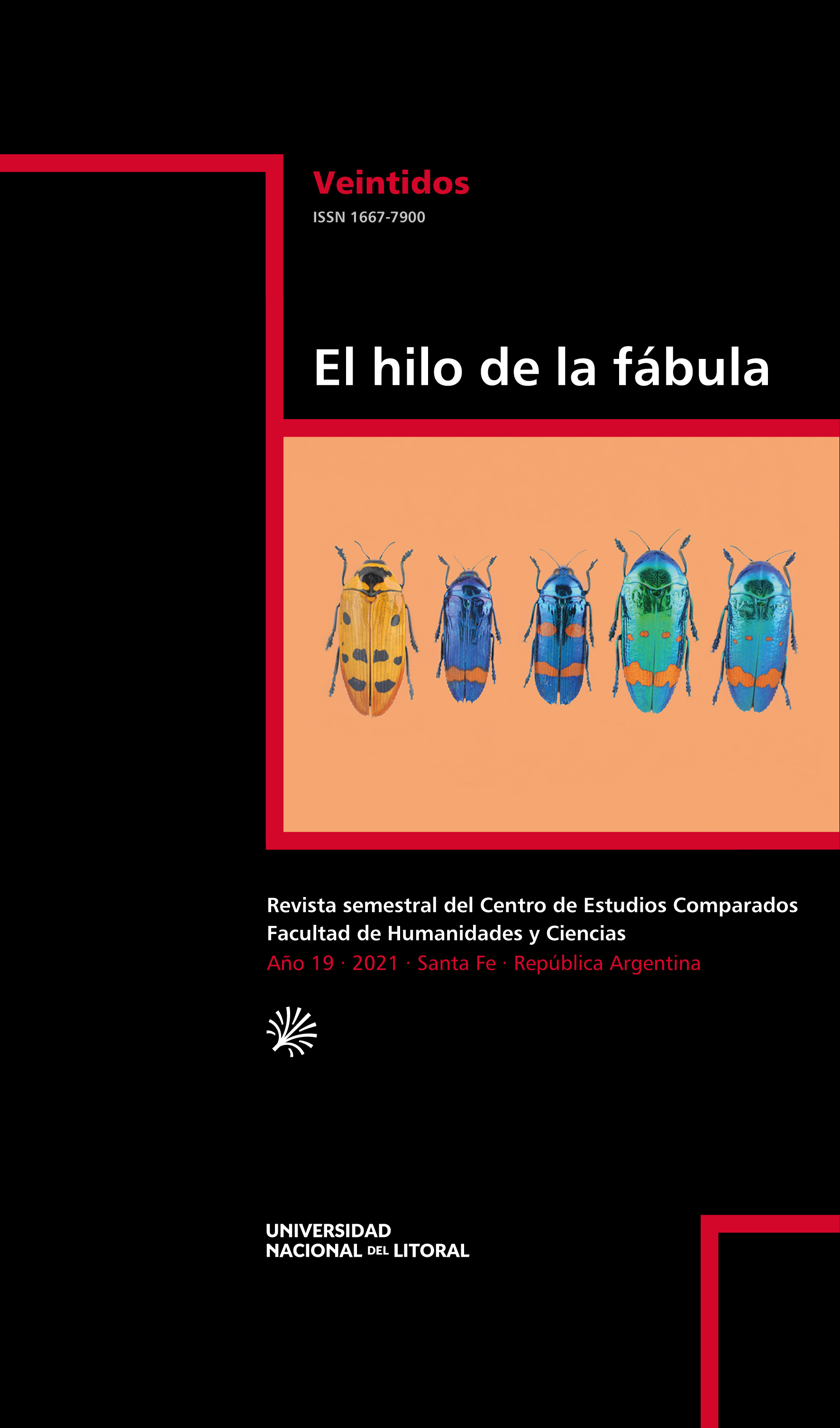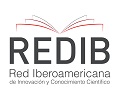Política de lo residual. Sobre Magnetizado y los Diarios del odio
DOI:
https://doi.org/10.14409/hf.19.22.e0005Keywords:
materiality, performance, residuality, politics, traumatic realismAbstract
In a journey that goes from Magnetizado by Carlos Busqued to Diarios del odio –created by the ORGIE group, under the direction of Silvio Lang–, –, this essay addresses a fluid transformation: that of writing approaching the visual to turn together towards the Performative Arts. Whether trying to expand the book as support by incorporating images and typographic designs or transforming a collection of poems into an installation and then an experimental play, these artifacts share two central issues for contemporary aesthetics. Firstly, the fact that they no longer think of «reality» as an effect of representation but of the real as «raw material» to be offered for «active» exhibition, and, secondly, the emphasis placed not so much on the production of an object but of an experience (of writing, of staging, of audiences’ participation and of the public space). Both issues constitute the great legacy of the avant-gardes at the end of the last century and, at present, are articulated with a particular interest in the notion of residuality. In these cases, they are linguistic residues that come from the language of the margins or the murmur of collective stories and that find their support in the bodies and in a reflection on the living. The power of this verbal residuality also tells us something about the real as residue, as repetition and traumatic insistence and the eagerness of certain contemporary aesthetics to dive there, in search of its politicity.












